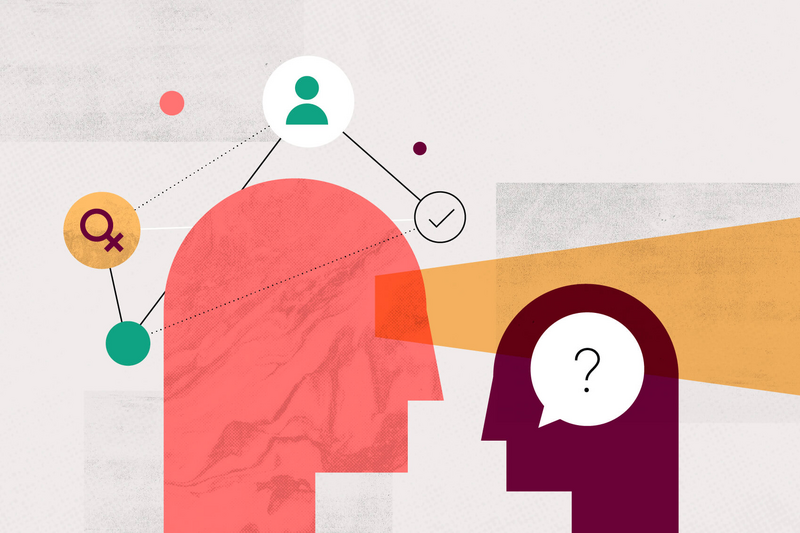Taking the Implicit Association Test was truly a fun experience. Each test took me about 10 minutes to complete and the results were interesting.
1. Which tests did you choose and why (link to them)
I chose the Weight test because I have been a big kid my whole life and I have lost a lot of weight when I got into high school. I have to admit that I did not lose the weight in a healthy way, but I have been very keen on keeping it off. The second test I chose was the Gender-Career test because I wanted to know if I have this bias inside me because I feel like I do even though I think I do not.
2. What is the result you were expecting? What is the result you got?
For The Weight Test, I was expecting myself to be more inclined to like thin people more than fat people mainly because I know how bad it is to be unhealthy and overweight, and honestly, I wouldn’t go back to being overweight. The results I got were![]()


For the Gender-Career test, I honestly expected to be have a strong automatic association for male with career and female with family, and that is mainly because we, Egyptians, are used to seeing the world in that way. I believe that the bias is in us as human beings because that is how we have always been. For example, Men were the hunters and the Women were the gatherers who took care of the children. Maybe it is the way that our brains are wired. The result I got was which was unexpected as I thought I’d have a more prominent bias.

3. How do you feel about the result you got? What did you learn?
I predicted the results of the two tests correctly; however, I got the degree wrong in the Gender-Career test as I thought I’d be more severe than “slight”. I learned that the unconscious bias was pretty common among the participants. As in, most of the stereotypes were actually true and that is how people perceive things regardless, and it’s natural.
4. How credible do you think the IAT is and why?
Honestly, I do not think that the results were credible or reliable. First of all, I felt like the sorting game was more based on memory and hand-eye coordination than on the actual bias. Secondly, I felt like the results were very limited and that some things could be further added. I believe that it is very hard to categorize people based on an unconscious bias or feeling that they have because it is not just about a degree of how biased they are, but to different ways and reasons why they can be biased. Lastly, and most importantly, I felt like the test was trying to get the result of me being biased just like the stereotype and the norm. I did not feel like the test was neutral at all. For instance, I felt like the test was trying to make me biased against females and career as if they knew that this was the common case.


I wonder if maybe your slight career/male bias is not that extreme because you’ve been trying to go against it, with your consciousness? I don’t know.